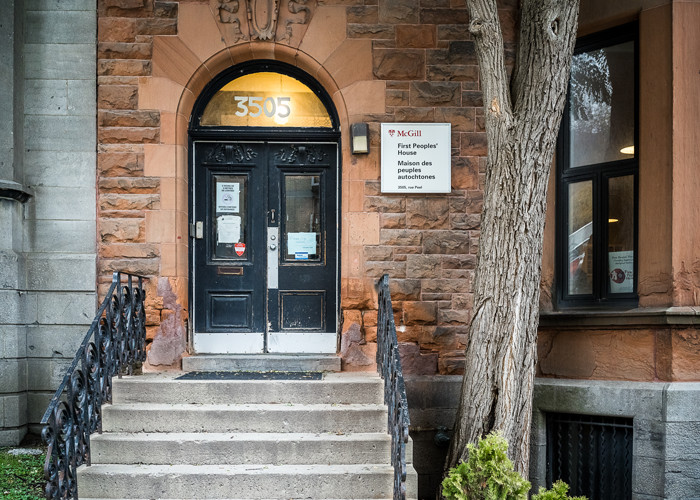McGill has partnered with Indspire, a national indigenous-led charity dedicated to investing in the education of indigenous peoples across Canada. According to a McGill Reporter press release on Oct. 15, Indspire’s financial aid will almost double McGill’s current $500,000 investment in bursaries and scholarships for First Nations students. Furthermore, the Government of Canada will match all of the donations awarded by Indspire.
Indspire’s program will offer two different types of financial assistance. The first is McGill’s Indigenous First-Year Award, a non-renewable $2,000 merit-based scholarship awarded to an indigenous student beginning their undergraduate studies. The second is McGill’s Indigenous Bursary, which will be available to all indigenous students pursuing a degree program. This award ranges from $1,000 to $10,000 based on the financial need of the student.
Independent of their partnership with Indspire, McGill will be instituting the Provost’s Indigenous Achievement Award, a renewable $5,000 award given to entering indigenous students with outstanding high school or CEGEP grades.
According to the press release, the partnership was developed on the recommendation of Provost Christopher Manfredi’s McGill Task Force on Indigenous Studies and Education. The Task Force was launched following a call to action by the Truth and Reconciliation Commission of Canada (TRC) for educational institutions to reduce barriers to higher education for indigenous peoples.
“If we want [to] break down the barriers that indigenous people face in their access to education, we need to work on all aspects of their journey,” Manfredi said. “Certainly, funding is an important enabler for this journey.”
The goal of these initiatives is to increase both the recruitment and the retention of indigenous students at McGill. Kakwiranó:ron Cook, the aboriginal community outreach administrator to the Provost for indigenous initiatives and formerly McGill’s indigenous student recruiter, cited financial difficulties as being a major deterrent for prospective indigenous students.
“Many admitted indigenous undergraduate applicants told me they were able to get better financial packages at other universities, and that was a big factor in their decision-making processes to pursue their academic journeys elsewhere,” Cook wrote in an email to The McGill Tribune. “The way I saw it, McGill needed to create dedicated indigenous-specific awards that could be applied across the board to [undergraduate students] in all programs.”
Cook is optimistic about the Indspire partnership, which started as a pilot project this fall semester.
“I am thrilled this partnership has come to life,” Cook wrote. “It’s been one of the most encouraging collaborations I’ve experienced here. While it’s a two-year pilot to begin [with], I have high expectations that it will remain and flourish. We’ll continue putting our minds together to make McGill more financially accessible to both undergraduate and graduate Indigenous students.”
Laura Arndt, Indspire’s vice-president of Education, expressed similar hope for the collaboration as the start of a long-lasting relationship.
“The importance of the relationship that we have with McGill cannot be understated,” Arndt said. “We need universities across this country to [take] part [in] achieving our [ultimate goal] that every indigenous child will graduate within a generation. And, every time McGill funds a student, they’re part of realizing that dream.”
Arndt spoke to the challenge of not only increasing indigenous enrollment in post-secondary institutions, but also ensuring that they feel welcomed. She emphasized the importance of creating spaces where indigenous students feel valued.
“In working together, we can start creating spaces where indigenous students believe ‘yes, not only do I deserve to be here, but I have knowledge to add to this space,’” Arndt said. “I’d like to get to the place where we begin having conversations [about] the beauty and the richness of what indigenous people contribute to all spheres with their knowledge and lived experience.”








